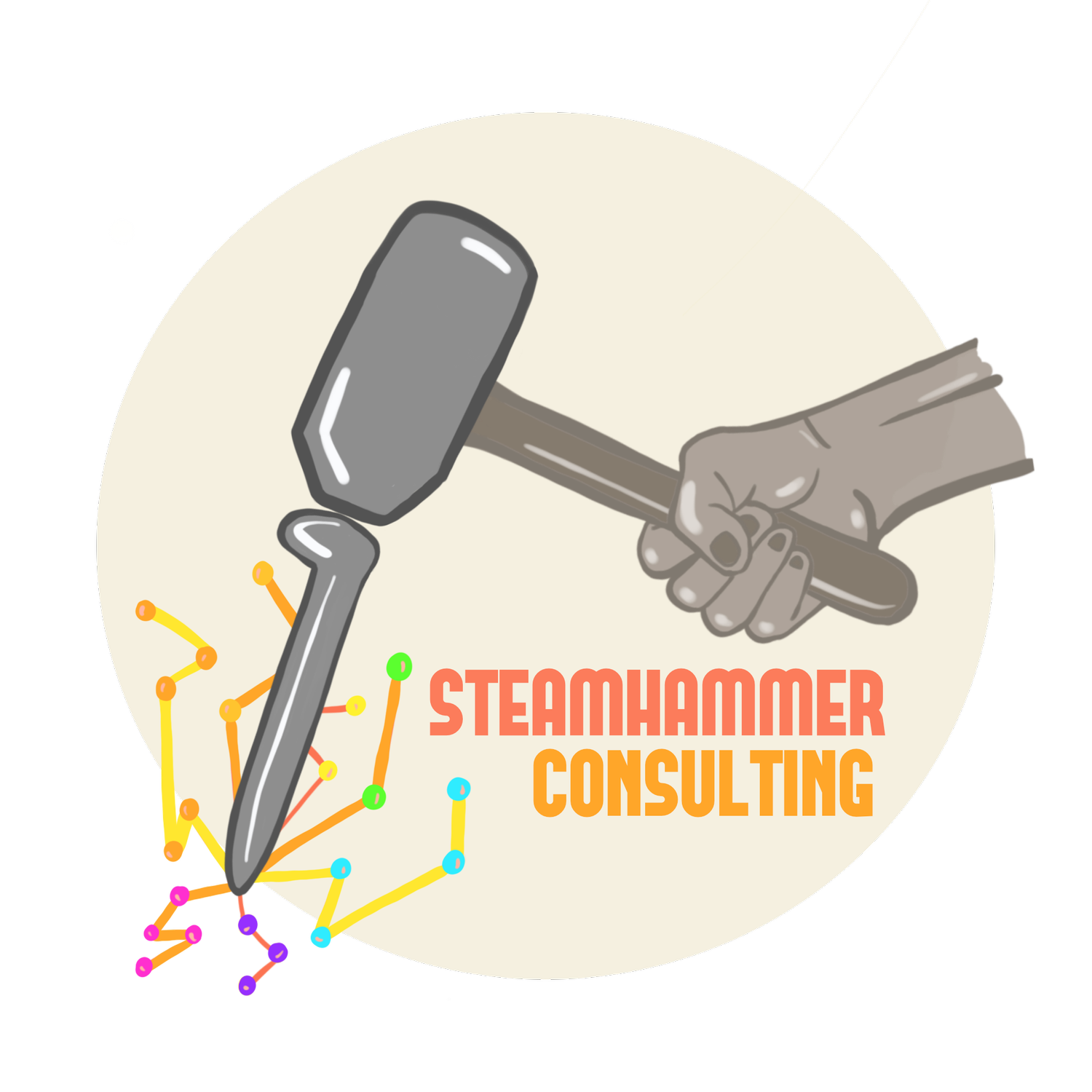RPA and Trucking
Abstract: The trucking industry's significance in global commerce is undeniable, as it serves as the linchpin for the movement of goods across vast distances. Amid the evolving demands of modern supply chains, the sector is turning to innovative technologies like Robotic Process Automation (RPA) to streamline operations and bolster productivity. This paper explores the application of RPA in the trucking industry, delving into its benefits, challenges, and potential future prospects. By automating repetitive and rule-based tasks, RPA has the potential to reshape fundamental logistics processes, ranging from optimizing routes to managing intricate documentation. This paper strives to offer a comprehensive insight into how RPA stands to reshape the trucking landscape, ushering in heightened efficiency, reduced costs, and an overall improved performance.
Introduction: The trucking industry's pivotal role in facilitating global trade necessitates a robust operational framework that ensures the seamless movement of goods across extensive networks. However, the industry grapples with challenges such as operational inefficiencies, escalating fuel costs, and a persisting shortage of drivers. In response, the emergence of Robotic Process Automation (RPA) presents a promising avenue to address these issues by introducing automation to diverse tasks, reducing manual intervention, and streamlining operational workflows.
Robotic Process Automation in Trucking:
Robotic Process Automation, characterized by software robots or "bots," has the potential to revolutionize the trucking industry by automating various tasks that were previously carried out manually. Within the context of the trucking sector, RPA finds applicability in a multitude of processes, encompassing:
Route Optimization: RPA harnesses real-time traffic data, weather forecasts, and delivery schedules to optimize routes, leading to decreased fuel consumption, shorter transit times, heightened delivery precision, and improved customer satisfaction.
Freight Booking and Management: Automated systems can efficiently manage freight booking, track shipments, and furnish real-time updates to customers, thus facilitating enhanced communication among stakeholders, reducing delays, and optimizing cargo movement.
Documentation and Compliance: RPA systems can automate the creation and management of vital paperwork, including bills of lading, customs documents, and delivery receipts. This automation minimizes errors, accelerates document processing, and ensures adherence to regulatory requirements.
Inventory Management: Through automated monitoring of inventory levels, triggering restocking orders, and overseeing warehouse operations, RPA optimizes inventory management, curbing overstocking, avoiding stockouts, and mitigating associated financial losses.
Benefits:
Enhanced Efficiency: RPA eliminates manual errors, accelerates task completion, and fosters operational efficiency.
Cost Reduction: Automation mitigates labor costs and enables resource optimization.
Continuous Operations: RPA systems operate around the clock, ensuring seamless processes beyond regular business hours.
Informed Decision-Making: RPA generates valuable data that informs strategic decisions and aids process improvement.
Challenges:
Integration Complexity: Integrating RPA systems with existing IT infrastructure presents complexity and time challenges.
Process Identification: The identification of suitable processes for automation requires meticulous analysis and process mapping.
Change Management: Workforce resistance necessitates training and effective communication to facilitate the transition.
Security Concerns: RPA introduces new cybersecurity vulnerabilities, warranting robust data protection measures.
Future Directions:
The trajectory of RPA in the trucking industry holds exciting possibilities, including:
Cognitive Automation: Incorporating AI and machine learning into RPA systems enables the handling of more intricate tasks, such as predictive maintenance and exception management.
Interconnected Ecosystem: RPA can seamlessly integrate with IoT devices, fostering real-time data exchange for informed decision-making.
Blockchain Integration: RPA combined with blockchain technology enhances transparency and security in supply chain transactions and documentation.
Robotic Process Automation presents a transformative potential for the trucking industry, heralding operational evolution and heightened efficiency. While challenges exist, the industry's embrace of RPA holds the promise of propelling logistics advancements, ultimately leading to smoother operations, cost efficiencies, and enhanced customer satisfaction. As technology continues to evolve, the trucking sector's adaptability to and utilization of RPA will be instrumental in sustaining its vital role within the global supply chain framework.
